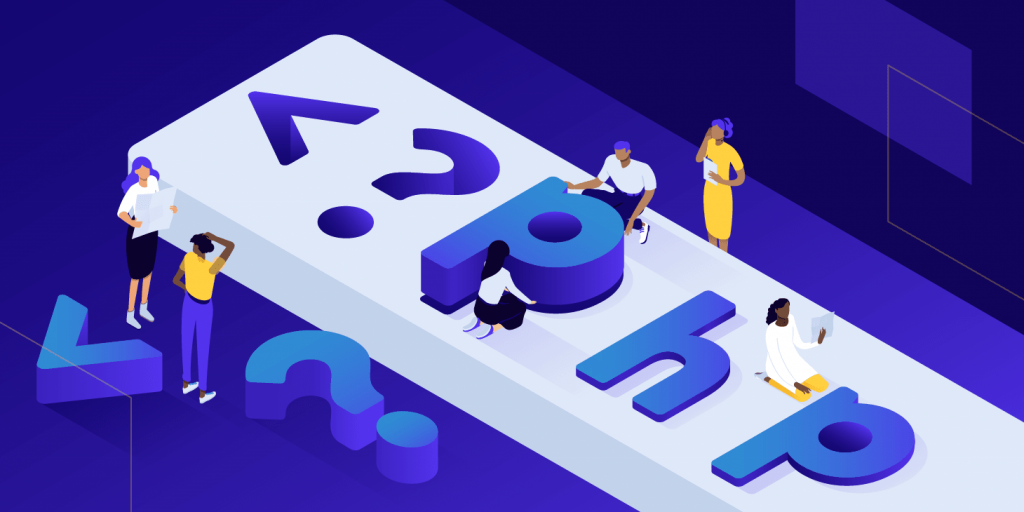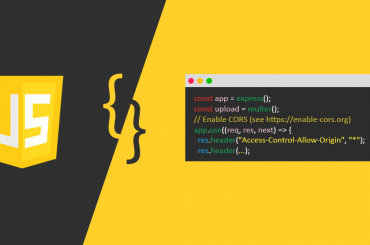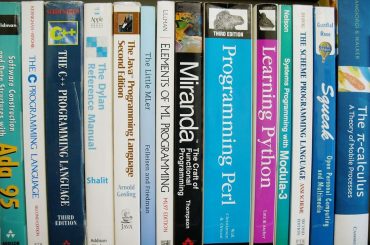PHP is one of the most popular languages in the field of web development. If you want to create sites, you will need them. In the article, you will find a step-by-step learning plan, a list of other technologies you need to work with, free lessons, and tips for beginners.
Table of Contents
Is it worth learning PHP? What are its prospects?
It is one of the most popular languages for designing sites. It features free control systems (CMS) such as WordPress, Joomla, Drupal, OpenCart, and many others and Laravel, Yii2, and Symfony frameworks. If you want to create websites and web applications, learning PHP makes sense.
Is it difficult to master it? Actually, no. It is relatively simple for beginners and in demand in the market. Finding a job is not a problem, as there are a lot of vacancies. If you don’t know if you need to learn PHP, we recommend watching the following video:
Danish programmer Rasmus Lerdorf created the language. In 1994, he wrote a set of scripts that collected statistics on his CV viewings on the Internet. Rasmus called it PHP Tools (from Personal Home Page Tools – Tools for Personal Pages). Gradually, the set expanded. The first official version of PCP was presented on 8 June 1995.
In 1997, the second version of the handler was released. At this time, 1% of all sites on the Internet used PHP – it is about 50,000 resources. Within a year, the language was installed on 10% of the web servers. Thanks to open code, simplicity, and a large community of developers, the popularity of the technology have grown rapidly.
There are now opinions that PHP may lose ground, as the sites themselves can go back in time and give way to applications. However, these fears have not yet been confirmed, and technology is still in demand.
Why teach PHP: the pros and cons of language
| Pros | Cons |
| * Widespread. It is one of the 10 most popular programming languages. * Regularly updated and developing, there are new opportunities. Productivity is on the rise. * Relatively easy to study, which is especially important for beginners. * Simple syntax. You’ll quickly learn basic commands and be able to write simple scripts for sites. * PHP programmers are in demand on the market. There are no problems with finding vacancies or freelance orders. * It’s a big community. A lot of ready-made solutions, background information, which simplifies learning. | * Code written in early versions of the language may not work in later versions. * High competition among programmers due to the large number of developers who own PHP. * In addition to PHP, HTML, CSS, and JavaScript are a good place to explore web development. * Not the highest salaries in IT, which is a consequence of competition. On average, you can expect an income of up to $2K-$4K per month, while in other areas the salary of programmers can be $3K and above. |
Summary: If you want to develop websites, PHP is a popular language that is relatively easy to master. Even if you haven’t done programming before, at the same time, there are many vacancies on the market, and a good developer will have no problems with employment. You can work in web studios or take orders freelance.

How long can I learn PHP from scratch?
The basics can be learned within a month. You’ll learn syntax, basic commands, and you’ll be able to write simple programs. However, this knowledge is not enough to work as a programmer.
You can get the training you need for employment at online courses. Usually, they go from 4 to 12 months. For example, Skillbox has a “PHP developer” course that takes one year’s study. If you want to learn the language faster, Gicbreins has a 4 month PHP course. Its plus is the possibility of internships and works on real projects.
You can learn the basics of the language with free lessons and courses posted on YouTube. Let’s talk about them below in the article.
Where to start and how to learn PHP correctly?
The table shows a plan that allows you to learn a language yourself from scratch. It is recommended to start with a layout, as these are the basics that you need to know. By mastering HTML and CSS, you’ll be able to learn other technologies more quickly.
| Step | Description |
| 1. Master HTML and CSS to be able to make layouts | The main tags for layout and their attributes, CSS selectors, positioning of elements, text design, blockchain model, adaptive layout. |
| 2. Learn the basics of PHP | Syntax and core commands, basic operators and functions, loops, tools for working with objects, files, forms. |
| 3. Deepen PHP knowledge | The concept of class and object, inheritance, polymorphism, encapsulation, working with databases Of My S’L, code testing. |
| 4. Learn how CMS works (site management system) | The most popular are 1C Bitrix, WordPress. You can master any that you like; because having studied one system, you will understand the other. |
| 5. See how frameworks work on PHP, and explore one of them | Laravel or Symfony have a choice. There are others but listed more popular. |
| 6. Get more knowledge | Principles of OOP, MVC, Git Version Control System, Linux, Team Line, Cron Planner, JavaScript. |
To become a Junior PHP developer, it’s enough to know HTML, CSS, PHP, MySQL databases, PLO and MVC principles, Git version control system, and popular CMS to choose from. With such baggage, you can be hired in a web studio. Junior’s work experience may not be required. The main thing is to know PCP and successfully pass the interview.
As you gain experience, you will become a Middle PHP developer. This is a programmer with 2 years of experience, who has participated in large projects, knows the PHP language and frameworks well, solves medium-complexity problems, and works independently without constant control by senior colleagues.
The Senior level includes expertise in programming, mastery of a wide stack of technologies, ability to solve complex problems, team management, and development experience from 5 years. The salary of such a specialist can exceed $3K per month.

Free PHP courses for beginners
Because the language is popular, there are many free lessons, courses, and articles on the Internet for beginners to learn PHP yourself from scratch. The manuals are very popular, where for 1-1.5 hours they talk about syntax and the main teams.
We have also collected popular courses from YouTube for you, including fresh ones (for 2020-2021). You can study them for free:
- Official PHP Manual
- W3Schools PHP Tutorial
- PHP: The Right Way
- FreeCodeCamp’s Free PHP tutorial
- Learn PHP with Codeacademy
- PHP Apprentice
- GeeksforGeeks PHP Tutorials
- TutorialsPoint PHP Tutorial
- PHP Basics Playlist
- Learn PHP in Y Minutes
- Learn-php.org Free Interactive PHP Tutorial
- The Net Ninja’s PHP Tutorial for Beginners Playlist
- PHP5 Tutorial
- Traversy Media’s PHP Front To Back Playlist
- SoloLearn PHP Tutorial
Tips for Aspiring PHP Developers
- Make a plan for how you plan to learn PHP from scratch. Identify the stack of technologies you want to master. For example, to work as a web developer, you need to know HTML, CSS, JavaScript.
- Practice. For example, you can make a personal site on WordPress and install new plug-ins, refine ready-made scripts from the Internet and write your code from scratch.
- If you fail, do not rush to give up training. At first, it can be difficult to navigate in terms. It is ok. As you get immersed in the topic, it will become easier for you.
- Programming is a constant development. Therefore, you need to learn constantly because technology does not mean a standstill. Refresh your knowledge promptly.
- It can be difficult for beginners to find their first job. While you are looking for a vacancy in the office, you can earn on freelancing. Here are some jobs that will help you.
- If you come for an interview and you are refused, be sure to ask what knowledge and skills you lacked to get a job. Employers usually provide this information. Eliminate knowledge gaps and try to be interviewed again. It happens that the company is taken from the second and even third time – it’s normal.
- It is easier for a beginner to get a job in small web studios and startups. They pay not the biggest salaries but allow gaining experience and getting a job in a larger company.
In this article, we told you how to quickly learn PHP yourself from scratch, where you can find free courses and lessons. If you have any questions, please comment below.





